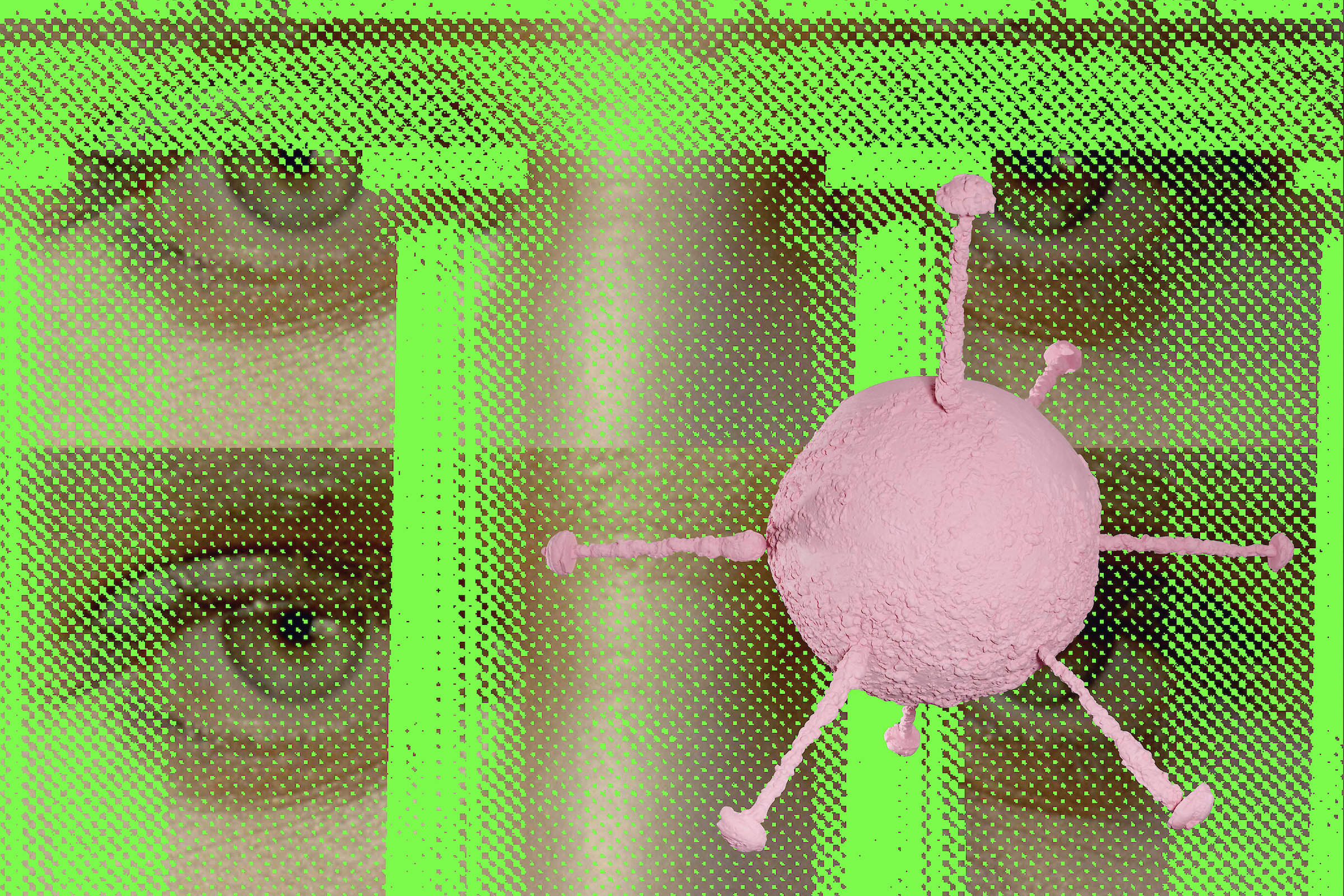What is Europe?
Constanze Itzel
Lecture (Online)

Franz West, Epiphanie an Stühlen, 2011; Haris Epaminonda, Chapters, 2013; design: Fondazione Europa
Archiv Franz West, © Estate Franz West, courtesy: Franz West Privatstiftung, Vienna
In her lecture, Constanze Itzel questions ideological concepts in relation to Europe and specifically to the current exhibition Europe: Ancient Future. Addressing current political concerns, Itzel asks: What is the European heritage? What do we Europeans recognize as part of a common heritage and what not? Democracy, Greek philosophy, Roman law or the Enlightenment are widely accepted as part of the specifically European heritage. But how do we deal with the dark sides of Europe such as colonialism, slavery or deportation policies? How to deal with the controversial history of the 20th century?
As museum director at the House of European History in Brussels, Itzel explores the history of Europe along these questions, pointing out the constructed nature of heritage, history and identity. In her talk, she further explores such questions and searches for hidden histories: Is there something unifyingly European in the heritage that is perceived by the states of the Union as mainly national? How much is heritage influenced by the migration of people, products and ideas?
Dr. Constanze Itzel (*1974 Nürnberg, lives in Brussels) is a German art historian and director of the House of European History in Brussels since 2017. From 1993 to 1998, Itzel studied art history as well as French and Italian literature at the universities of Erlangen-Nuremberg, Nantes, and Heidelberg. She received her PhD from the University of Heidelberg and was a scholarship holder of the state of Baden-Württemberg, working at the Heidelberg Central Institute for Art History as well as for the Scientific Service and for the Cultural Committee of the European Parliament.

Franz West, Epiphanie an Stühlen, 2011; Haris Epaminonda, Chapters, 2013; design: Fondazione Europa
Archiv Franz West, © Estate Franz West, courtesy: Franz West Privatstiftung, Vienna